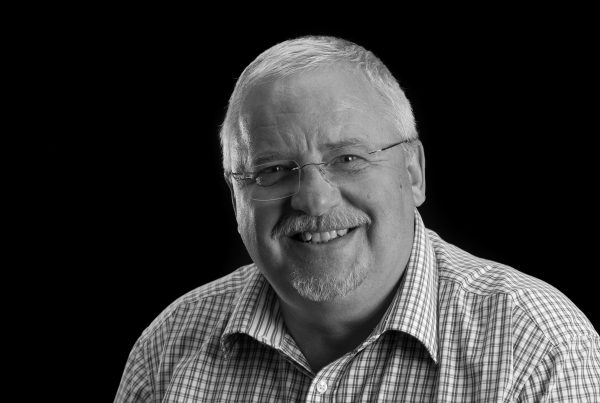Prof. Dr. Konstantin Neyman is ICREA Professor at the Department de Ciència de Materials i Química Física and the Institut de Química Teòrica i Computacional, Universitat de Barcelona, leading the group Reactivity of Nanostructures. He obtained his PhD in Chemistry from the Inst. of Inorganic Chemistry in Novosibirsk and completed his Habilitation and Venia Legendi in Theoretical Chemistry at the Technische Universität München. He published a book, 10 reviews, ca. 170 articles in referred journals and has made ~280 presentations at conferences and in universities, ~100 of them as invited lectures. His publications were cited ~6000 times, h-index = 45 (since 1991). Before joining ICREA, Konstantin Neyman held positions as a senior research associate in Germany: at the TU München, Ludwig-Maximilian Universität München and Fritz-Haber-Institut (Berlin) of the Max-Planck Society. He has contributed to the attraction of funds for more than 40 research projects.
